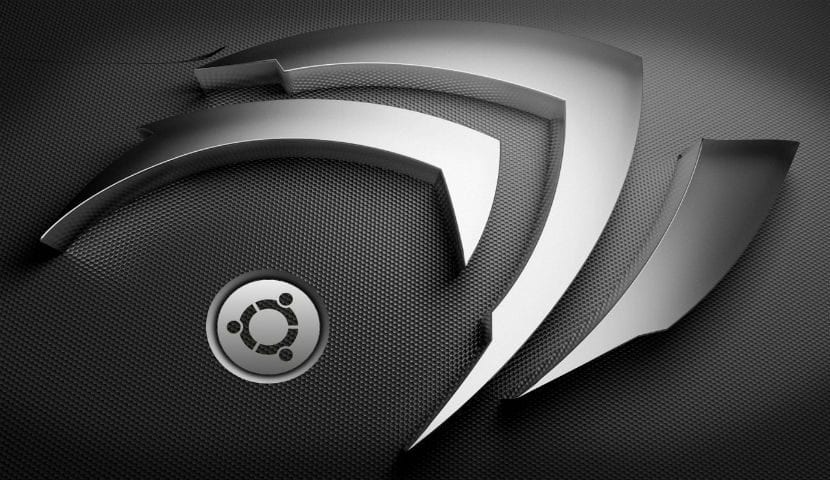
nvidia ubuntu
Canonical announced that the next Ubuntu ISO file, that is, version 19.10 of the distribution, it will directly integrate the Nvidia graphics driver. This means that users of the distribution can have Nvidia's proprietary driver, ready to run from the first start, and offer a better option than open source drivers.
And it is that from version 19.04 of Ubuntu (the most recent), users have benefited from major updates and new features, such as AMD FreeSync support for Raspberry PI touchscreens and Adiantum encryption, as well as being the first Ubuntu version to have version 5.0 of the Linux Kernel.
In addition to this, for users who have an Nvidia graphics card on their computers, Canonical introduced the ability to download and install Nvidia graphics drivers during installation.
This is not essential, but it certainly helps reduce the amount of work to do after installation.
Ubuntu 19.10 will have the option to install the Nvidia drivers
With that said, for the next version of the desktop operating system, Canonical plans to directly integrate the Nvidia graphics drivers into the ISO file.
In other words, for Ubuntu 19.10 (Eoan), the next version of the operating system, the developers have added the Nvidia driver packages to ISO.
Nvidia proprietary drivers will not be enabled by default, but will appear on the installation media to facilitate post-installation activation.
Nvidia's open source drivers will remain the default settings for Nvidia graphics cards on new Ubuntu installations.
This will allow users to enable proprietary Nvidia graphics drivers on Ubuntueven if they don't have an internet connection. Nvidia has already approved the distribution of their driver packages with the Ubuntu ISO.
A decision that is not to the liking of many
Still, the decision does not seem to please everyone and this is to be expected, as some users have strongly criticized Canonical for simply advertising Nvidia by highlighting its proprietary products.
Others blame the publisher for having inflated the size of the ISO file, which is getting bigger. In fact, the inclusion of Nvidia binaries will add approximately 115MB to the set.
So the total size of the Ubuntu x86_64 ISO file will be about 2.1 GB. They also fear not being able to solve the potential problems that could arise, but also the security risks, because the source is not open.
For Canonical this type of situation could already be careless, since as many users of the distribution will appreciate, Canonical seems to be the type that likes to talk about the changes implemented to its distribution in new versions.
However, although the binary files are present in the ISO file, Canonical does not enforce them on anyone.
The fact is that most Linux users need Nvidia's proprietary drivers to do anything that requires a large amount of resources processor (such as learning and computer games) in addition to basic computer use. Desktop and web browsing. Canonical may have seen fit to make these drivers available to its users.
In addition, Canonical will not be the first publisher of a Linux distribution to offer such an experience to its users.
Such is the case of System76, with its Pop! _YOU Based on Ubuntu, it has always offered a version of the proprietary drivers in its ISO for Nvidia graphics card users. Similarly, this should also reduce potential headaches for laptop users using hybrid graphics.
Although this type of decision that Canonical has made, for many it could violate the GNU philosophy since it includes private software.
The reality is what argues about how essential it is today for users to use the drivers for their cards, in addition to being a strategic point to avoid the frustration to new users who come to have when encountering the typical errors during the implementation of your graphics drivers.